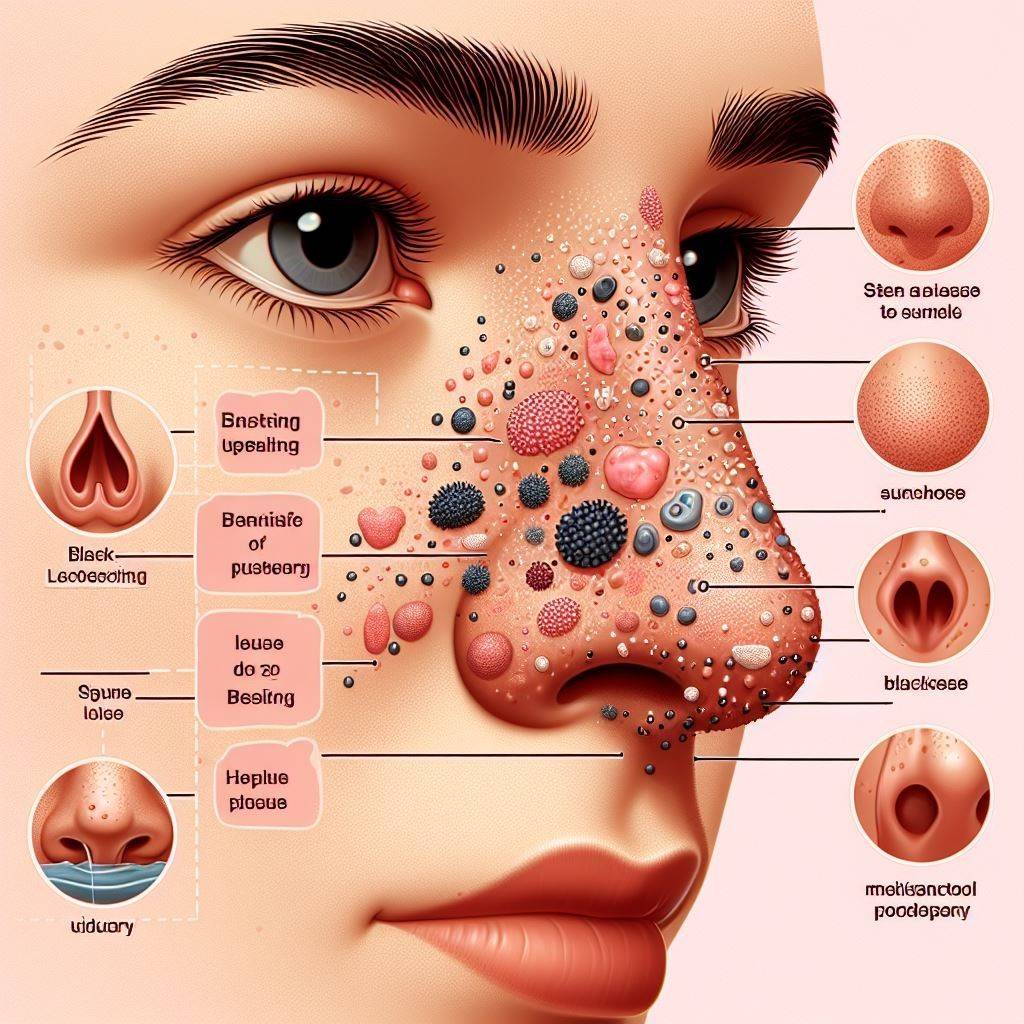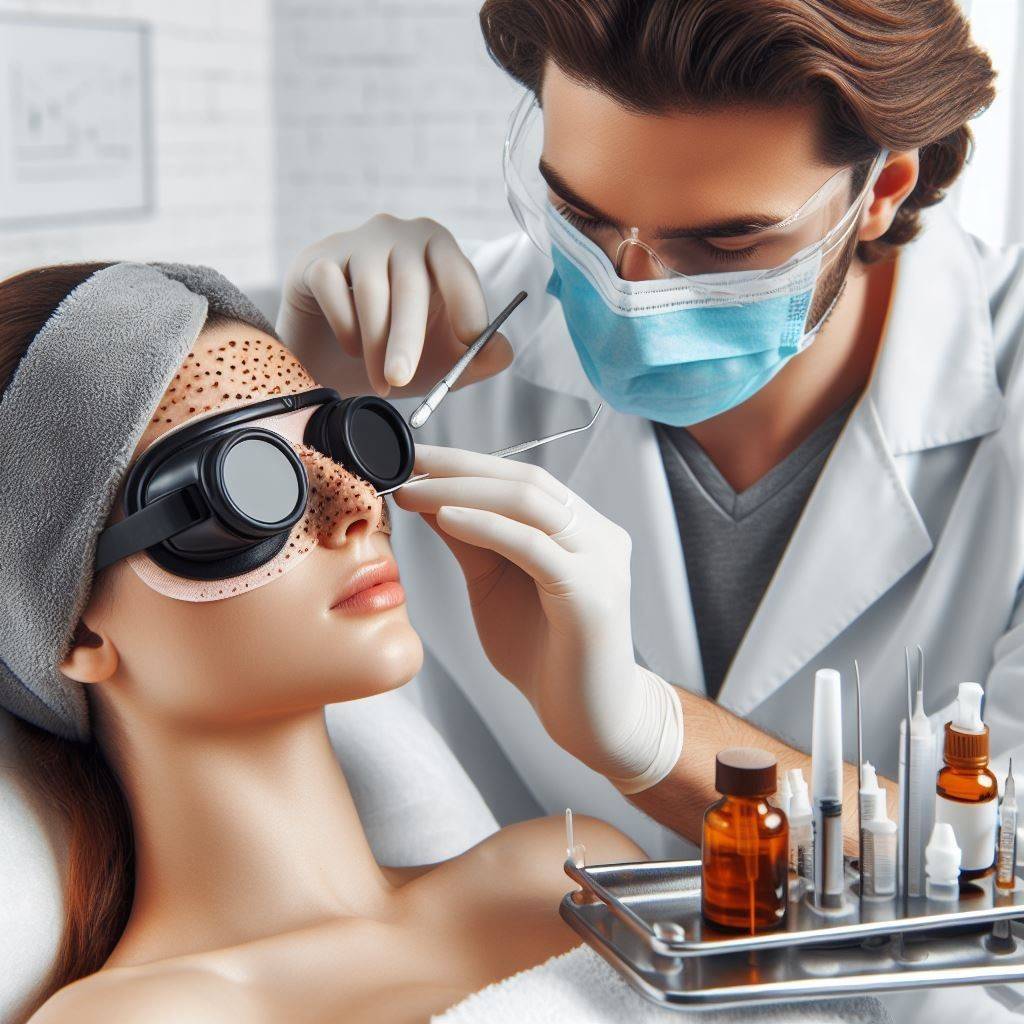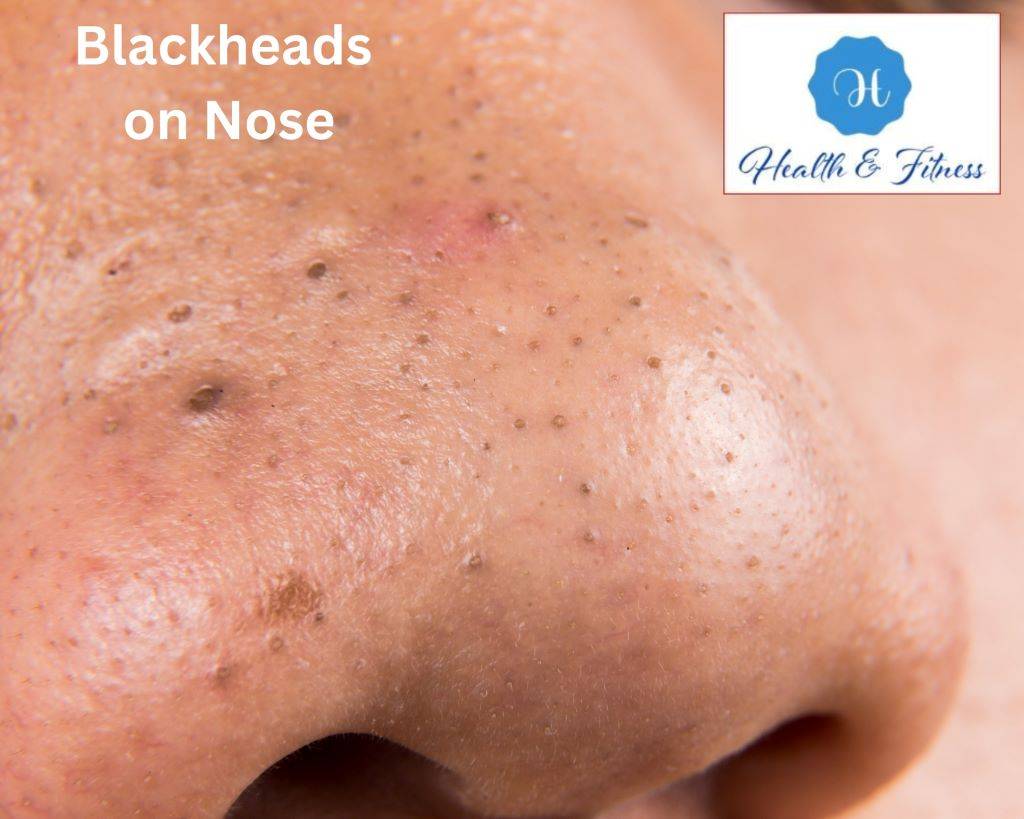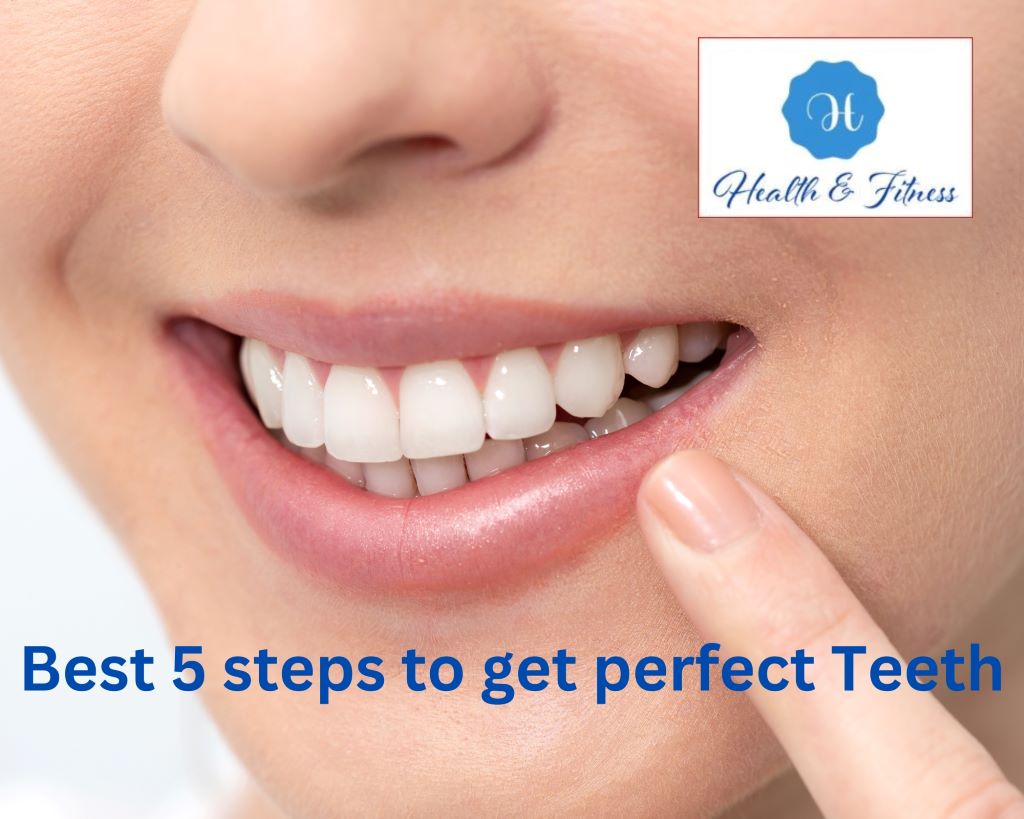Blackheads on Nose: A Complete Breakdown of Causes and Solutions
Learn about blackheads on the nose: causes and solutions. Get a complete breakdown on how to tackle blackheads effectively. Say goodbye to nose blackheads!
Introduction to Blackheads on Nose
Learn about the causes of blackheads on the nose and discover practical solutions to banish them for good. This comprehensive guide provides insights, tips, and natural remedies to help you achieve a more transparent, smoother nose free from blackheads. Blackheads on the nose can be a pesky and stubborn skincare concern that many of us face. These small, dark spots can not only affect our appearance but also affect our confidence. If you’re tired of dealing with blackheads on your nose, you’ve come to the right place. In this comprehensive guide, we’ll dive deep into the causes of blackheads on the nose and provide practical solutions to banish them for good.
Understanding Blackheads on Nose

What are Blackheads?
Blackheads are frequent acne caused by blocked hair follicles with abundant sebum (oil), dead skin cells, and other pollutants. Unlike whiteheads, blackheads have an open pore, allowing the trapped debris to oxidize and turn black, hence the name.
Why Do Blackheads Appear on Nose?
The nose is a common area for blackheads to develop due to several reasons:
- Excess Sebum Production: The sebaceous glands on the nose tend to be more active, producing an abundance of oil that can contribute to blackhead formation.
- Enlarged Pores: Some individuals naturally have larger pores on their noses, making them more prone to blackheads.
- Dead Skin Cells: The accumulation of dead skin cells can mix with oil and block the hair follicles, leading to blackheads.
Causes of Blackheads on Nose
Now that we understand the basics let’s explore the common causes of blackheads on the nose:
1. Poor Skincare Routine
Dirt, oil, and dead skin cells may accumulate from improper washing or harsh products, creating a breeding ground for blackheads.
2. Hormonal Changes
Fluctuations in hormone levels, especially during puberty, menstruation, or hormonal imbalances, can trigger increased sebum production, making the nose more susceptible to blackheads.
3. Excessive Makeup and Cosmetics
Certain makeup products, especially those that are oil-based or comedogenic, can clog pores and contribute to blackhead formation.
4. Environmental Factors
Exposure to pollution, dirt, and humidity can exacerbate blackhead formation on the nose.
5. Diet and Lifestyle
Consuming a diet high in processed foods, sugary snacks, and dairy products can worsen blackheads. Additionally, smoking and stress can also affect the skin’s condition.
Practical Solutions for Blackheads on Nose
Now that we’ve covered the causes let’s explore some proven solutions to combat blackheads on the nose:
Establish a Consistent Skincare Routine
Creating a proper skincare routine is crucial for preventing and treating blackheads. Follow these steps:
Cleansing: Use a gentle cleanser to remove dirt, oil, and impurities from your face, paying extra attention to your nose area. Avoid harsh scrubbing, as it can irritate the skin.
Exfoliation: Dead skin cells and clogged pores may both be avoided with a regular exfoliation routine. Find products that include salicylic acid, a beta-hydroxy acid that may unclog pores. Use it 2-3 times a week, focusing on the nose.
Toning: Apply toner with ingredients like witch hazel or tea tree oil to help balance the skin’s pH levels and tighten the pores.
Moisturizing: Use a lightweight, oil-free moisturizer to keep your skin hydrated without clogging pores.
Utilize Topical Treatments
Incorporating targeted treatments into your routine can effectively address blackheads on the nose:
Retinoid: This vitamin A derivative helps regulate cell turnover, unclog pores, and prevent blackheads. Start with a low concentration and gradually increase as your skin adjusts.
Benzoyl Peroxide: This ingredient helps eliminate bacteria and reduce oil production. Use a handful as a spot treatment in blackhead-prone areas.
Clay Masks: Applying a clay mask once a week can draw out impurities, absorb excess oil, and tighten pores on the nose.
Chemical Exfoliants: Alpha-hydroxy acids (AHAs) and beta-hydroxy acids (BHAs) exfoliate and unclog pores.
Avoid Common Mistakes
To effectively combat blackheads on nose, it’s essential to steer clear of these common mistakes:
Picking and Squeezing: Resist the urge to squeeze or pick at blackheads, as it can lead to inflammation, scarring, and further spread of bacteria.
Overwashing: Washing your face excessively can strip away essential oils, causing the skin to produce even more fat, exacerbating blackhead formation.
Heavy, Comedogenic Products: Opt for non-comedogenic, oil-free products to avoid pore-clogging ingredients that contribute to blackheads.
Not Removing Makeup Properly: Always thoroughly remove your makeup before bed to prevent pore blockage and the accumulation of dirt and oil.
Sun Exposure without Protection: Wear sunscreen every day to protect your skin from the sun’s damaging rays. Blackheads might look worse if exposed to the sun.
Professional Treatments of Blackheads on Nose

In some cases, professional treatments may be necessary for stubborn blackheads. Consider consulting a dermatologist or esthetician for the following options:
Extraction: A trained professional can perform manual extractions to remove deeply embedded blackheads safely.
Chemical Peels: Chemical peels containing alpha-hydroxy acids (AHAs) or salicylic acid can help exfoliate the skin and improve the blackhead’s appearance.
Microdermabrasion: This non-invasive procedure involves gently exfoliating the skin to remove dead cells and unclog pores.
Laser or Light Therapies: Certain laser or light-based treatments can target blackheads and improve overall skin texture.
How to Remove Blackheads on Nose Naturally at Home?
While professional treatments and over-the-counter products can be effective, they can also be costly or harsh on sensitive skin. Fortunately, there are several natural remedies you can try at home to combat blackheads on your nose. Here’s how:
Steam Your Face
Steaming opens up your pores and helps to loosen the buildup of dirt for a deeper cleanse. Start by boiling a pot of water. Once it’s cooked, please remove it from the heat and place your face above the steam, covering your head with a towel to trap the moisture. Do this for about 10 minutes, then wash your face with a mild cleanser and pat dry.
Use a Natural Scrub
A scrub made from ingredients can help exfoliate your skin and reduce blackheads. Mix equal parts sugar and coconut oil to create a natural scrub. Apply it to your face in a circular motion, then rinse with warm water.
Apply a Honey Mask
Honey has natural antibacterial properties and works as a pore cleanser, not to mention it’s great for hydrating your skin. Apply pure honey to your face. Let it sit for about 15 minutes, then rinse it with warm water.
Use Green Tea
Green tea can help decrease oil production and is a successful antioxidant. Mix one teaspoon of dry green tea leaves with a bit of water to make a paste. Apply it over the blackheads, leave it on for 10-15 minutes, then rinse with warm water.
Egg White Mask
Egg whites can tighten pores, thus reducing the chances of blackheads. They also remove current blackheads and lower the chances of future occurrences. To make the mask, separate the yolk from the white, apply the white to your face, and leave it until it dries. Rinse it off with warm water.
Use Baking Soda
Baking soda is a natural exfoliator that can remove blackheads. Mix two tablespoons of baking soda with water to make a paste. Apply the paste to your blackheads and gently massage for a few minutes, then rinse with warm water.
Remember, while these natural remedies can help reduce blackheads, they may not eliminate them. It’s essential to maintain a regular skincare routine and consult with a dermatologist if your blackheads persist.
Frequently Asked Questions about Blackheads on Nose
Q: Can blackheads on the nose be prevented?
A: While it may not be possible to prevent blackheads entirely, maintaining a consistent skincare routine, avoiding pore-clogging products, and practising hygiene can significantly reduce their occurrence.
Q: How long does it take to get rid of blackheads on the nose?
A: The time it takes to get rid of blackheads can vary depending on the individual and the severity of the condition. With proper skin care and treatment, a noticeable improvement can usually be seen within a few weeks.
Q: Are blackheads on the nose the same as acne?
A: Blackheads are a type of acne known explicitly as comedowns. They are non-inflammatory and appear as small, dark spots on the skin’s surface.
Q: Are blackheads on the nose a sign of poor hygiene?
A: No, blackheads are not necessarily a result of poor hygiene. While keeping the skin clean is essential, blackheads can occur due to various factors such as excess oil production, dead skin cell buildup, and hormonal changes.
Q: Can diet affect the formation of blackheads on the nose?
A: Some studies suggest that specific diets high in processed foods, sugary snacks, and dairy products may contribute to blackhead formation. It’s recommended to maintain a balanced diet and observe how your skin reacts to different foods.
Q: Are blackheads contagious?
A: No, blackheads are not contagious. They result from internal factors such as excess oil and external factors such as clogged pores rather than being caused by an infectious agent.
Conclusion about Blackheads on Nose
Blackheads on the nose can be frustrating, but with the proper knowledge and consistent skincare practices, you can effectively address and minimize their appearance. Remember to cleanse, exfoliate, and moisturize regularly, utilize targeted treatments, and avoid common mistakes that can worsen blackheads. If you’re still struggling to achieve the desired results, consulting a skin care professional can provide additional guidance and options. Stay committed to your skincare routine, and soon, you’ll enjoy a more transparent, smoother nose free from blackheads.



